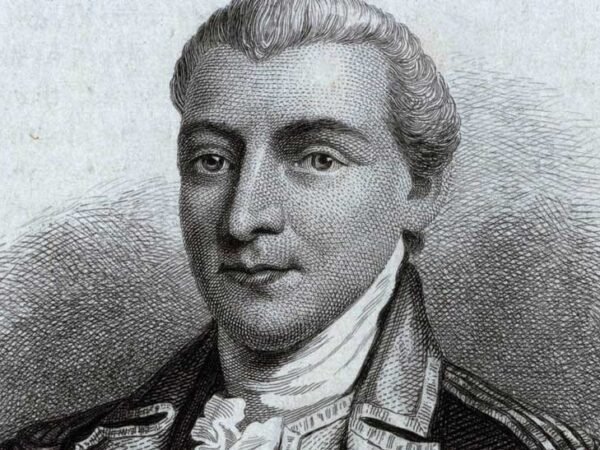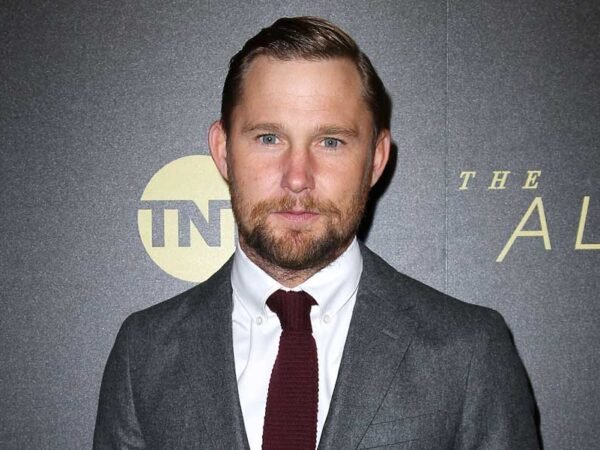Few Hollywood stories capture the bittersweet nature of fame quite like Goldie Hawn’s Oscar experience. While most actors dream of Academy Award recognition, Hawn’s tale involves winning the coveted prize at 24 and then spending decades regretting how she handled that magical night.
The phone call came at 4 AM, jolting her from sleep with news that would forever change her career. Yet this moment of triumph was tinged with an oversight that would haunt the actress for years to come.
Goldie Hawn’s Historic Oscar Win at 24
Back in 1970, a young Goldie Hawn shocked the entertainment world by snagging the Best Supporting Actress Oscar for “Cactus Flower.” She was barely 24 years and 197 days old when her name was called, making her one of the youngest performers ever to claim this honor.
The role itself was a gamble. Moving from the zany world of “Laugh-In” to a sophisticated screwball comedy wasn’t an obvious career move. Yet Hawn’s portrayal of Toni Simmons—a heartbroken young woman whose dramatic gesture sparks a series of hilarious mix-ups—proved she had serious acting chops beneath that bubbly exterior.
Working alongside seasoned pros like Walter Matthau and Ingrid Bergman could have been intimidating for any newcomer. Instead, Hawn held her own, delivering a performance that felt both fresh and timeless.
Her victory was particularly sweet given the caliber of her competition. She beat out some formidable contenders, including Catherine Burns, Dyan Cannon, Sylvia Miles, and Susannah York—all established actresses with impressive credentials.
The Night She Forgot to Attend Her Own Victory
Here’s where Hawn’s Oscar story takes an unexpected turn. On the night of the 1970 Academy Awards ceremony, the newly minted nominee was nowhere to be found in the Dorothy Chandler Pavilion. She wasn’t sick, she wasn’t filming, and she wasn’t making a statement. She simply forgot.
“I never got dressed up. I never got to pick up the award. I regret it.”
Hawn would later confess, her voice carrying the weight of decades of second-guessing. The decision wasn’t born from arrogance or indifference—quite the opposite.
Hawn was so convinced she didn’t stand a chance that she couldn’t even be bothered to watch the telecast. “I forgot it was on television that night,” she admitted with characteristic honesty. While her fellow nominees were getting their hair done and slipping into designer gowns, Hawn was probably in her pajamas.
The wake-up call—literally—came hours after the ceremony ended. “Then I woke up to a phone call at like 4 in the morning. And it was a man’s voice and he said, ‘Hey, congratulations, you got it.’ ‘I got what?’ ‘You got the Academy Award for Best Supporting Actress.'”
Meanwhile, at the ceremony, the elegant Raquel Welch stepped up to accept the golden statuette on Hawn’s behalf. The moment was made even more special by Fred Astaire, who had the honor of announcing her name as the winner—a detail Hawn wouldn’t discover until decades later.
A Career-Defining Regret
The emotional aftermath of that early morning phone call hit Hawn immediately. After hanging up, she “had a good cry”—tears that mixed joy with profound loss. She quickly dialed her parents to share the incredible news, but the celebration felt incomplete.
For years, this regret simmered quietly in the background of her successful career. Then, in 2023, a casual conversation with Jimmy Kimmel reopened old wounds in the most unexpected way.
“He said, ‘Did you ever see the part where you’re being announced by Fred Astaire?’ And I said, ‘Fred Astaire?!’ He’s my idol. And I didn’t know he was the one that announced my name. I got emotional when I finally saw it.”
Learning that her childhood hero had been the one to call her name transformed a simple regret into something much deeper. The chance to hear Fred Astaire announce her victory, to see his face as he opened that envelope, to experience that magical moment in real time—all of it was gone forever.
Return to Oscar Glory with Private Benjamin
Eleven years passed before Hawn found herself back in Oscar contention. This time, she wasn’t just an actress hoping for recognition—she was a producer, star, and creative force behind “Private Benjamin.”
The 1980 comedy showcased a different side of Hawn’s talents. As Judy Benjamin, a pampered widow who joins the army after her husband’s sudden death, she balanced laughs with genuine pathos. The film’s success proved that audiences were ready to see her as more than just a comedic sidekick.
“Private Benjamin” became a box office sensation, earning over $69 million domestically. More importantly for Hawn, it demonstrated her ability to carry a major motion picture as its central star.
When Oscar nomination morning arrived in 1981, Hawn’s name was called in the Best Actress category. This time, she made sure to mark her calendar for the ceremony. Unfortunately, the Oscar went to Sissy Spacek for her powerhouse performance in “Coal Miner’s Daughter.”
While the loss stung, Hawn had learned from her previous experience. She was present, she was gracious, and she celebrated the nomination as the achievement it was.
Goldie Hawn’s Continued Oscar Legacy
Hawn’s Oscar journey didn’t end with her nominations. In 1987, she took on hosting duties for the Academy Awards ceremony alongside Chevy Chase and Paul Hogan. The trio brought energy and humor to Hollywood’s most prestigious night, with Hawn’s natural warmth shining through.
Over the years, she became a familiar face at Oscar ceremonies, presenting awards more than a dozen times. One particularly memorable moment came in 1971 when she announced George C. Scott as Best Actor for “Patton”—a win that became controversial when Scott refused to attend and later returned his Oscar in protest.
Her most recent Oscar appearance in 2025 created an unexpectedly touching moment. Presenting alongside Andrew Garfield, Hawn found herself the subject of an impromptu tribute when Garfield went off-script to thank her for her impact on his career and his mother’s life.
The Lasting Impact of Her Oscar Achievement
Hawn’s early Oscar victory did more than just validate her talent—it opened doors for comedic performers who had previously been overlooked by the Academy. Her win proved that comedy could be just as worthy of recognition as drama.
The story of her missed ceremony has become part of Hollywood folklore, serving as both cautionary tale and humanizing anecdote. It reminds us that even the most successful people have moments they’d like to do over.
Her openness about this regret has endeared her to fans and fellow performers alike. In an industry often obsessed with image management, Hawn’s willingness to admit her mistakes feels refreshingly authentic.
Lessons from Hollywood’s Golden Girl
Perhaps the most valuable lesson from Hawn’s Oscar experience is the importance of being present for life’s big moments. Her regret serves as a reminder that success should be savored, not taken for granted.
The actress has used her experience to encourage others to embrace their achievements fully. She understands now that awards ceremonies aren’t just about the hardware—they’re about celebrating the journey and the community that makes it possible.
Her continued involvement with the Academy Awards, decades after her own victory, demonstrates her commitment to supporting fellow artists. This generosity of spirit has made her a beloved figure in Hollywood and beyond.
Today, when young actors ask for advice, Hawn often shares her Oscar story. Not as a tale of triumph, but as a reminder that the moments we think we can skip might be the ones we remember most. Her legacy extends far beyond that golden statuette—it’s about the grace with which she’s handled both victory and regret.













